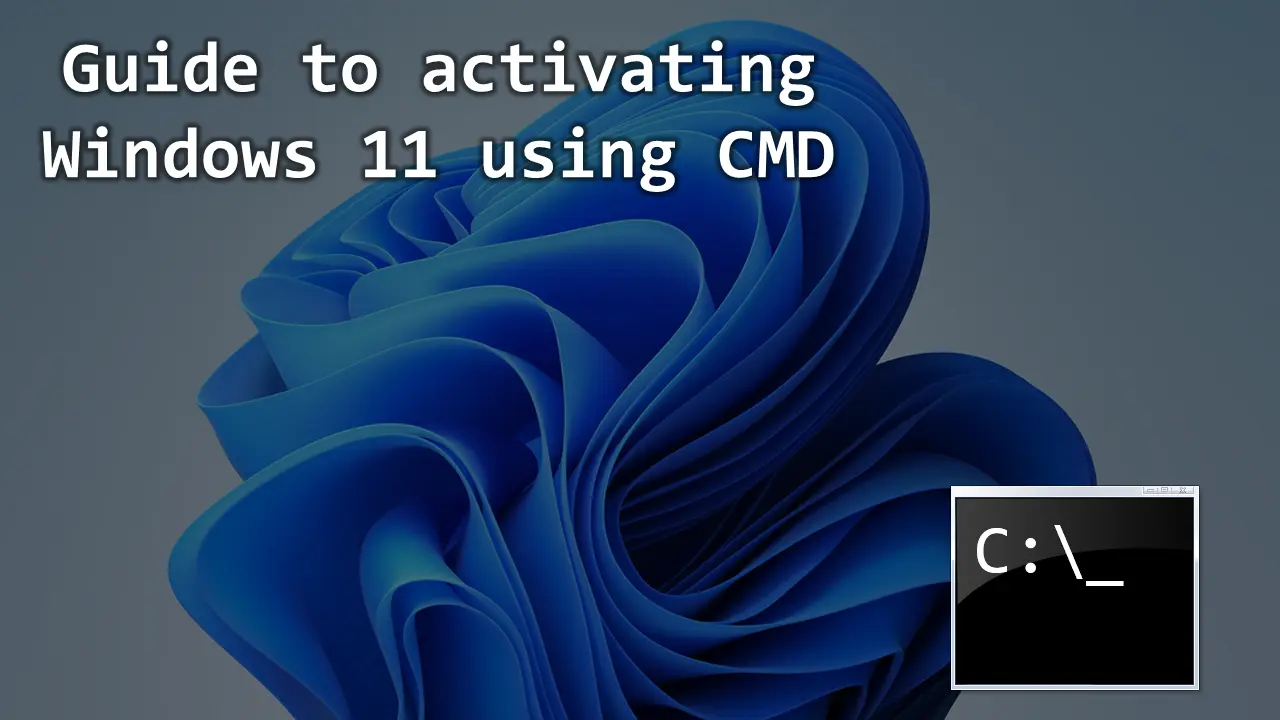Computer scientist and programmer with years of experience in Technology and Video Games.
Are you wondering if your PC can handle Windows 11? Many people are excited about Microsoft’s latest operating system, but not everyone knows whether their computer meets the necessary standards. In this article, we’ll break down the Windows 11 requirements in simple terms so you can easily determine if your device is ready for an upgrade. Let’s dive in.
Why do Windows 11 requirements matter?
Before you jump into upgrading or purchasing a new PC, it’s crucial to understand the minimum Windows 11 requirements . These specifications ensure that your system runs smoothly and takes full advantage of the features Windows 11 has to offer. Failing to meet these requirements could lead to performance issues, crashes, or even the inability to install the OS altogether.
Now, let’s explore what Microsoft officially lists as the Windows 11 requirements for PC .
Official Windows 11 requirements for PC
Microsoft has set specific hardware and software benchmarks to guarantee optimal performance. Here’s the complete list:

🏻 Processor (CPU)
Your computer must have a compatible 64-bit processor with at least 1 GHz clock speed and 2 or more cores . Examples include Intel 8th Gen processors or newer, AMD Ryzen 2000 series or later, and Qualcomm Snapdragon models.
📟 RAM
You’ll need a minimum of 4 GB of RAM . While this is enough for basic tasks, upgrading to 8 GB or more is recommended for better multitasking and performance.
⛃ Storage
The system requires at least 64 GB of free storage space . Keep in mind that this is just the bare minimum—more storage will allow you to install apps, games, and store files without running out of space quickly.
🛡️System Firmware
Your PC must support UEFI (Unified Extensible Firmware Interface) and have Secure Boot enabled. This ensures better security and compatibility with modern hardware.
𓇲 TPM (Trusted Platform Module)
One of the most talked-about requirements is the need for TPM version 2.0 . TPM enhances security by protecting encryption keys and sensitive data. Most modern PCs come with TPM built-in, but older systems may require updates or additional hardware.
🎮 Graphics Card
A DirectX 12-compatible GPU with a WDDM 2.x driver is required. This ensures smooth visuals and support for advanced graphical features.
📺Display
Your screen resolution should be at least 720p , and the display must be larger than 9 inches diagonally .
🌐 Internet Connection and Account
To use Windows 11 Home, you’ll need an internet connection and a Microsoft account during setup. For business editions, internet access isn’t mandatory during installation.
And you need a valid license is required to activate Windows 11, ensuring you receive critical updates, security features, and optimal performance tailored for a seamless user experience.
Minimum Windows 11 requirements vs. recommended specifications
While the minimum Windows 11 requirements are designed to get the OS running, they might not deliver the best experience. For example:
- RAM : 4 GB is functional, but 8 GB or higher ensures smoother multitasking.
- Storage : 64 GB is tight; opting for 128 GB or more gives you room to grow.
- Graphics : A dedicated GPU (instead of integrated graphics) can significantly improve gaming and creative workflows.
Investing in slightly better hardware than the minimum specs can make a world of difference in usability and longevity.
How to check your PC’s compatibility: Windows 11 requirements check
Wondering how to verify if your current setup meets the Windows 11 requirements check ? Microsoft provides a handy tool called the PC Health Check app . Here’s how to use it:
- Download the PC Health Check app from Microsoft’s official website.
- Install and open the application.
- Click on “Check Now” under the Windows 11 section.
- The tool will analyze your system and provide detailed feedback on whether your PC is compatible.
If your computer doesn’t meet the requirements, don’t worry! We’ll discuss some potential workarounds later in this article.

Common questions about Windows 11 Requirements
Final thoughts: Is your PC ready for Windows 11?
Understanding the Windows 11 requirements is the first step toward ensuring a seamless transition to Microsoft’s latest OS. Whether you’re checking compatibility using the PC Health Check app or planning a hardware upgrade, being informed will save you time and frustration.
Remember, meeting the minimum Windows 11 requirements is just the beginning. Investing in better hardware ensures a future-proof experience that keeps up with evolving technology trends.
So, is your PC ready for Windows 11? Use this guide to find out and take the next step toward unlocking the full potential of your machine!

